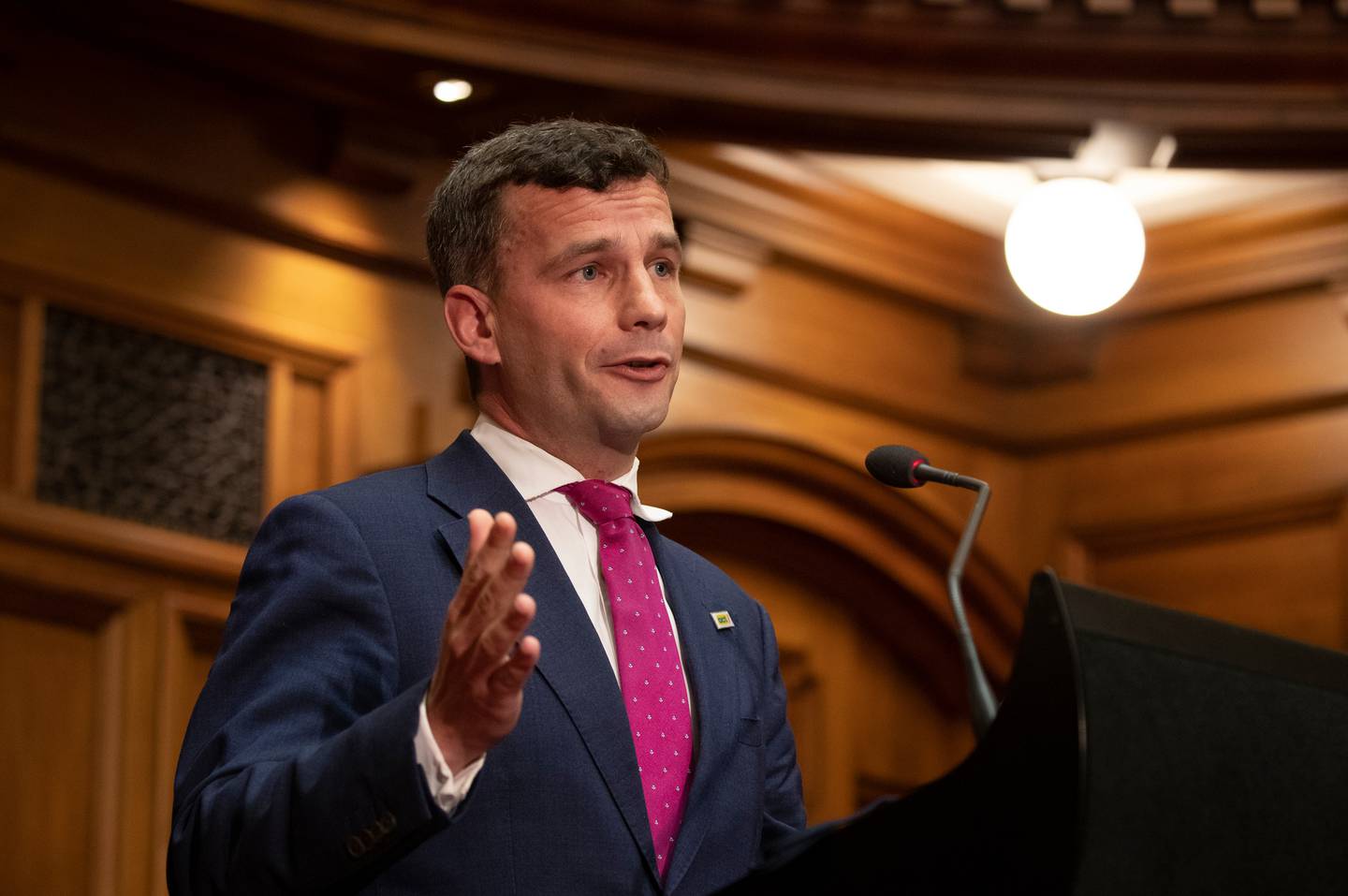
As fears mount petrol will soon reach $4 a litre, the Act Party has released a policy they say will return a carbon dividend of $749 to the average Kiwi family that one economist praised, saying "it could go further".
Yesterday, Automobile Association policy adviser Terry Collins said New Zealand petrol prices could break $4 a litre.
It was an ominous warning for motorists who endured long queues of up to 1km on Friday – and ran at least one petrol station dry – after a fuel company boss warned of imminent price hikes on the already $3-plus a litre price.
Today in response to the massive petrol price spikes, the Act Party has released a carbon tax refund policy that aims to return a dividend of about $187 per person taken from the Government's Emissions Trading Scheme (ETS).
In the "Carbon Tax Refund" policy, Act has estimated the Government will make $4.371 billion from selling carbon credits to businesses as part of the Emissions Trading Scheme over the next four years.
"The Carbon Tax Refund would take each year's revenue from ETS auctions and divide it by the population. Every adult would receive a reduction in their tax bill by that amount (plus their dependent children's share)," Act Party leader David Seymour said.
"Act knows Kiwis are struggling, not just with a cost-of-living crisis, but a tax crisis too. That's why we would return the tax revenue collected from the Emissions Trading Scheme to them in the form of a carbon dividend. Based on Treasury's latest forecasts, that would mean a $749 payment this year to a family of four ($187 per person)."

Act leader David Seymour. Photo / Mark Mitchell
Green Party co-leader and Minister for Climate Change James Shaw said the proposed policy "signals that the Act Party have turned a corner on climate change" but added it was nothing original from a policy perspective.
"Whereas once they [Act] were Parliament's only bastion of climate denialism, they're now offering constructive policy suggestions for climate action," Shaw said.
"A carbon dividend has a lot of merit – indeed it has been Green Party policy for a decade. Ultimately Cabinet will decide on how ETS revenues are recycled back into climate action as part of the emissions reduction plan due in May."

Climate Change Minister James Shaw. Photo / Mark Mitchell
NZ Initiative's chief economist, Eric Crampton, said Act's estimated dividend of $749 for a family of four was actually "conservative" based on his estimation of the amount of money the Government would make this year from the ETS.
Crampton said in 2022 the Government planned to auction 19.3 million tonnes of carbon credits. Carbon has been trading between $70 and $80 this year, so at $70 per tonne, the Government would earn $1.35 billion.
"If there are about 5.1 million Kiwis, an even split of the pot would give a family of four just over a thousand dollars, so Act's estimates seem conservative," Crampton said.
While Seymour derided the ETS revenue of $4b as a "climate slush fund, that will pay for James Shaw's yet-to-be-determined pet projects", Crampton was more measured saying it was a good idea to give Kiwis the choice on how to spend the carbon tax revenue.
"While the Government currently earmarks ring-fenced ETS revenues for climate projects, what better project is there than helping families to adjust to rising carbon prices in the ways that make most sense to them?" Crampton said.
"For some, it could be insulation. For others, a heat pump. Or a down payment on an e-bike, or saving toward an electric car."

New Zealand Initiative chief exconomist Dr Eric Crampton. Photo / Supplied
The NZ Initiative economist also said a dividend had the benefit of politically protecting the ETS by offsetting the increased at the petrol pump from carbon charges.
"Every $20 increase in the per-tonne price of carbon means an additional $0.05 at the pump," Crampton said.
"Governments can easily come under pressure for rising fuel prices. Carbon charges currently add between $0.17 and $0.20 per litre of fuel. The Government has worried that relying on the ETS alone would mean rising carbon prices, and political backlash against the most efficient way there is to reduce emissions. A carbon dividend would mean all of that revenue was rebated back to households to help them adjust."
Crampton assessed Act's policy proposal as "an excellent start".
"But we could imagine going further. If rising carbon prices mean the Government earns unusually high dividends from its stake in the power generators, it could put those extra revenues into the carbon dividend pot as well."
- by Tom Dillane, NZ Herald
Take your Radio, Podcasts and Music with you









